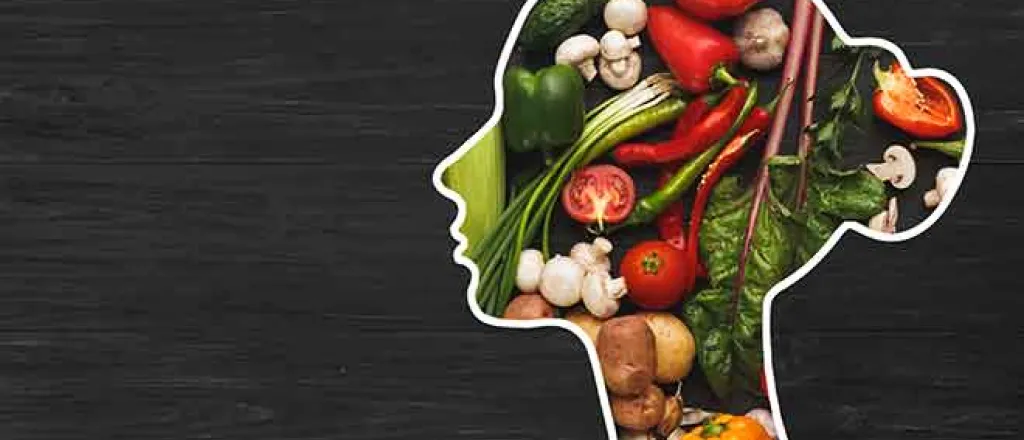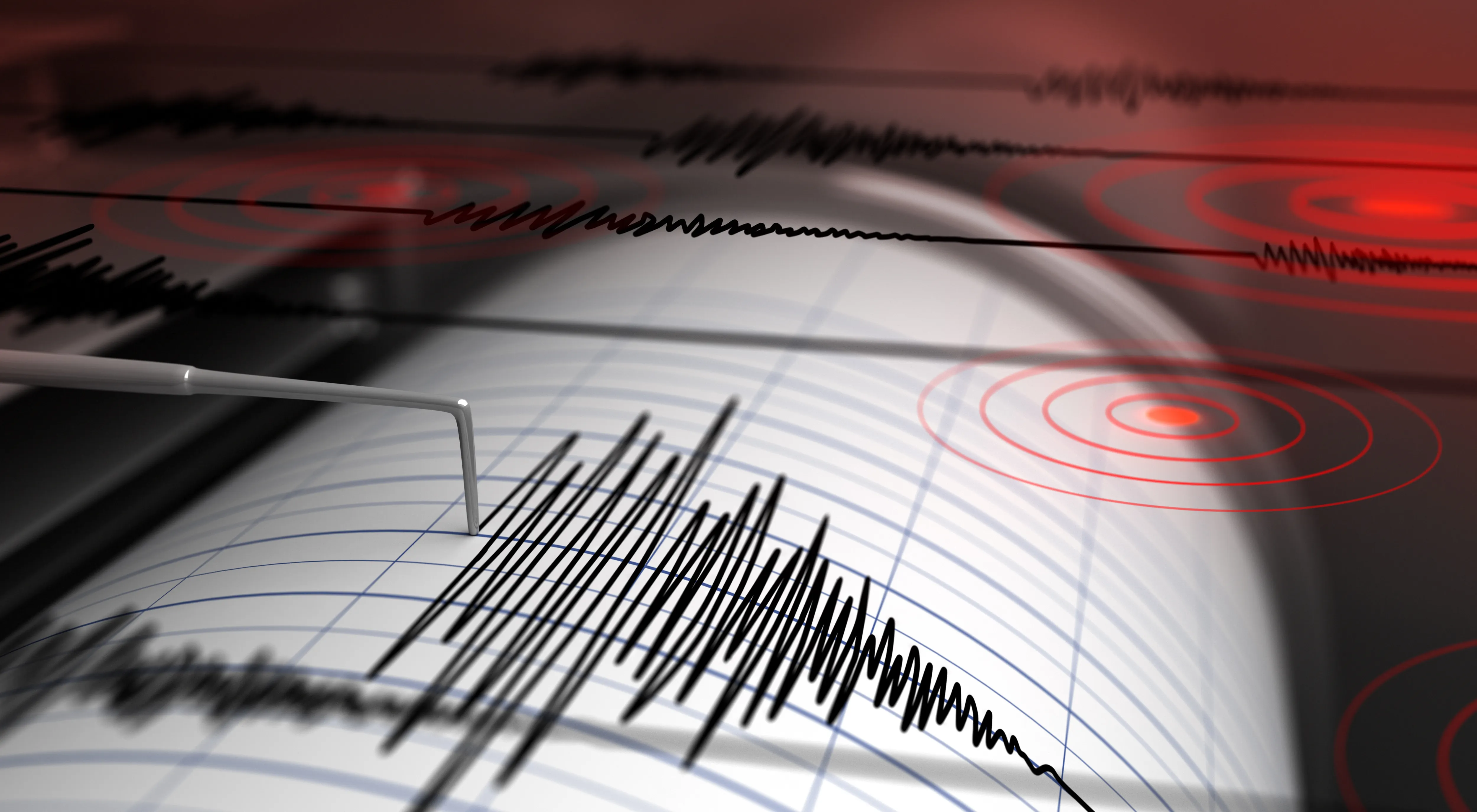
Dear Dietitian – What diet should I follow for reactive hypoglycemia?
Dear Dietitian,
I was just diagnosed with reactive hypoglycemia. What should I do about my diet? Will I never be able to have dessert again? Please help.
Megan
Dear Megan,
A new diagnosis can sometimes be overwhelming, but as you learn how to manage it and feel better, it will become a part of your routine. Regarding sugar, I “never say never” because I believe any meal plan should be livable. With careful planning, you can enjoy a healthy, satisfying diet.
For readers unfamiliar with hypoglycemia, or low blood sugar, it is a rare condition in which a person’s blood sugar (glucose) levels are too low to carry out everyday activities. Glucose is your body’s primary energy source. Hypoglycemia is usually defined as less than 70 mg/dl, but the number may vary slightly. This condition is typically associated with diabetic patients, but it also occurs in people who do not have diabetes.
There are two types of non-diabetic hypoglycemia. There is reactive, which occurs after a meal, and fasting, or non-reactive. Symptoms of hypoglycemia include hunger, dizziness, sweating, pale skin, fatigue, or feeling like you may faint.
Non-reactive hypoglycemia typically has an underlying cause that needs to be evaluated by a physician. Some possible causes include certain medications, a hormonal imbalance, or a pancreas tumor that interferes with proper functioning.
Under normal circumstances, as food is being digested, the pancreas secretes insulin, which takes glucose to our cells. A very tight “checks and balances” activity is going on throughout the body to get the right amount of insulin into the bloodstream. In this way, our cells get the energy they need, and our blood sugar levels remain stable.
As in your case, Megan, reactive hypoglycemia usually occurs 3-4 hours after eating a meal. In this situation, the pancreas releases too much insulin, which results in low blood sugar. The cause of reactive hypoglycemia isn’t well understood, but it is manageable. Following these guidelines will help:
- Eat a well-balanced diet of lean proteins, whole grains, fruits and vegetables, and unsaturated fats. Eat at the same time each day.
- Avoid high-sugar foods, like candy, desserts, sugar-sweetened drinks, fruit juice, and sugar-sweetened cereal. If you feel like you can’t go another day without dessert, enjoy a reasonable amount with your meal and monitor blood sugar levels closely afterward.
- Instead of refined carbohydrates (think white), choose high-fiber, complex carbs, like whole wheat bread, high-fiber cereal, and whole wheat pasta.
- If you drink alcohol, avoid sugary drinks like margaritas, piña coladas, and screwdrivers. You should always eat when drinking alcohol.
- Eat three moderate-sized meals plus 2-3 snacks throughout the day.
- Keep glucose tablets or sugar-sweetened gum with you if your blood sugar drops, and you don’t have a snack immediately available.
- A healthy snack should consist of about 15 grams of carbohydrates and 1-2 oz protein. Examples include 1/4 cup of almonds + 2 tablespoons of raisins, one-half of a meat sandwich, or an apple with one tablespoon of peanut butter.
Finally, give yourself at least six weeks to adjust to your new meal plan. It won’t happen overnight, so try to be patient. And remember to follow up with your doctor regularly.
Until next time, be healthy!
Dear Dietitian


















